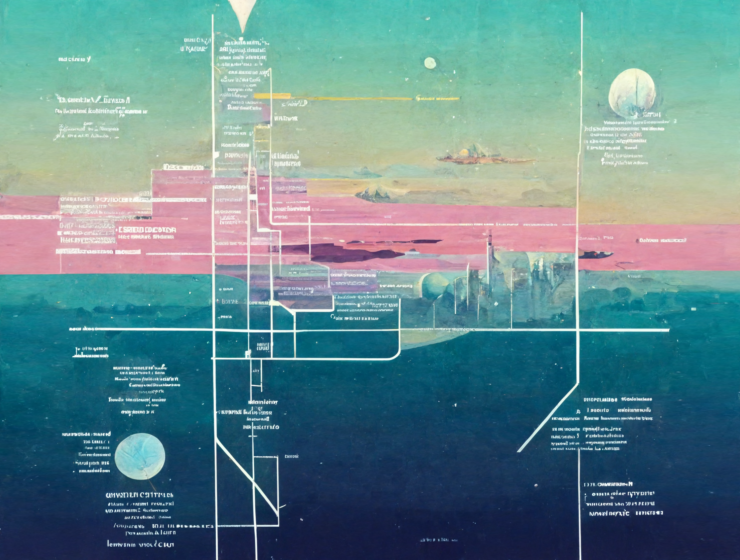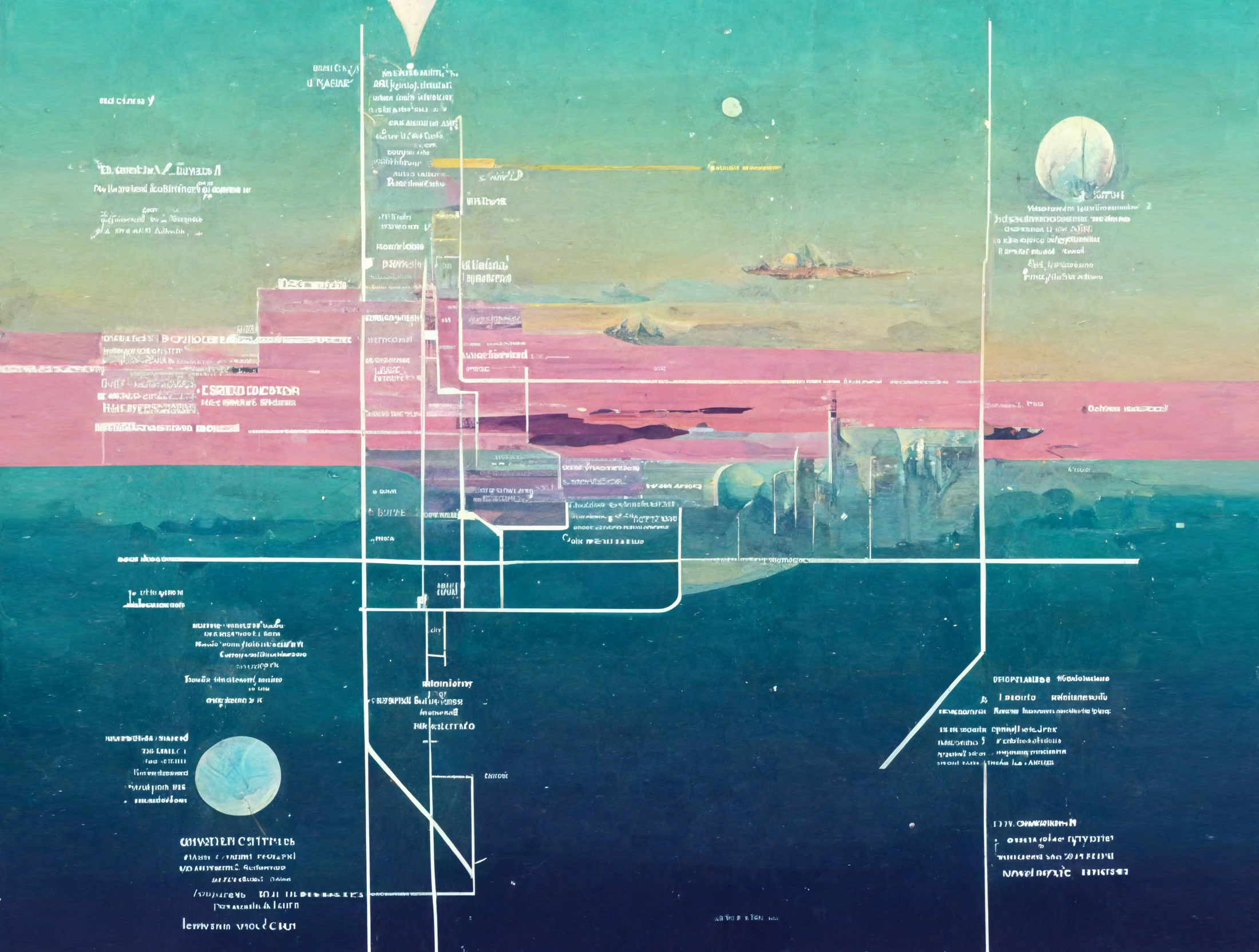Events
**ONLINE** “Social Imaginaries of Ethics and AI” – Sonja Rebecca Rattay and Irina Shklovski (Copenhagen University) and Marco Rozendaal (TuDelft)

** This event has been swtiched online due to COVID-related issues. Please join us on Microsoft Teams!
AI systems are increasingly part of everyday products, and designers take part in shaping how they are being integrated in our daily life. As a technology, AI is facing more unknowns about consequences and ethical use cases than previous digital products, and has the power to reinforce harmful societal structures even in mundane use cases, and lead to undesirable futures. The futures designers imagine when co-shaping these products thus matter, however, current imaginaries of AI are pulled in opposing directions. On the utopian side, AI is being projected as the better half of humankind, evening out the fallibility of human bias and our inability to “know it all”. On the dystopian side, AI will make humans either obsolete or turn humans into overly optimized cogs in a machine. The reality will most likely lie somewhere in between, in an uncomfortable grey zone of compromises, trade offs and negotiations of values and desired futures. In these negotiations, moral values can be interpreted and actualized in many different ways. Tradeoffs and compromises can lead to scenarios in which the difference between utopia and dystopia is more one of perspective and individual interpretation, rather than factual reality. This workshop will explore the nuances between dystopian and utopian thinking currently present in different narratives around AI and the related ethics and offer playful reflections for individual positionality.
 Sonja Rebecca Rattay is a design researcher and strategist, and PhD candidate as part of the European DCODE research network. Her research investigates future post-disciplinary and cross-sector design practices necessary for more sustainable, inclusive and democratic digital futures. She combines imaginaries and a lens of relation ethics to position ethics as a practice. Sonja is also a co-founder of the design and innovation studio Block Zero in Malmo, Sweden, and has led design strategy projects across various sectors, from smart homes to renewable energy and fintech.
Sonja Rebecca Rattay is a design researcher and strategist, and PhD candidate as part of the European DCODE research network. Her research investigates future post-disciplinary and cross-sector design practices necessary for more sustainable, inclusive and democratic digital futures. She combines imaginaries and a lens of relation ethics to position ethics as a practice. Sonja is also a co-founder of the design and innovation studio Block Zero in Malmo, Sweden, and has led design strategy projects across various sectors, from smart homes to renewable energy and fintech.

Irina Shklovski works across many disciplines, focusing on ethics in technology development, information privacy, social networks, and relational practices. Her projects address responsible technology design, data governance, online information disclosure, the use of self-tracking technologies, data leakage on mobile devices and the sense of powerlessness people experience in the face of massive personal data collection. She is concerned with how everyday technologies are becoming increasingly “creepy” and how people come to normalize and ignore those feelings of discomfort. Irina believes that addressing these problems requires changes in the education of designers and developers that will create technologies of our future.

Marco Rozendaal is Associate Professor of Interaction Design at TU Delft’s Faculty of Industrial Design Engineering, where he directs the Expressive Intelligence Lab. With a background in interactive media, design and engineering, his research straddles multiple disciplines and combines practical, critical and methodological perspectives. Marco’s current work explores the design of new interaction styles and paradigms engendered by Artificial Intelligence (AI). He investigates AI from a relational perspective. Understanding that intelligence is more than a sum of computational capacities, Marco explores the way intelligence is expressed through objects, as something to interact with, and something that gains meaning in wider ecologies of people and things.
You can register by sending an email to tim@uu.nl, or online via Eventbrite.
[panel type = “info” heading = “How to join the meeting”]
- If you are a student or employee at Utrecht University, you can join this meeting by becoming a member of the Transmission in Motion Seminar Team via this linkor by using the following code: sp1rybs
The meeting is scheduled in the general channel. - If you are outside of Utrecht University, please send an email to tim@uu.nl, or RSVP here and you will receive an invitation to join the Team!
[/panel]
This seminar is part of the Transmission in Motion seminar (2022-2023): “Imaginary-Imagination.”

